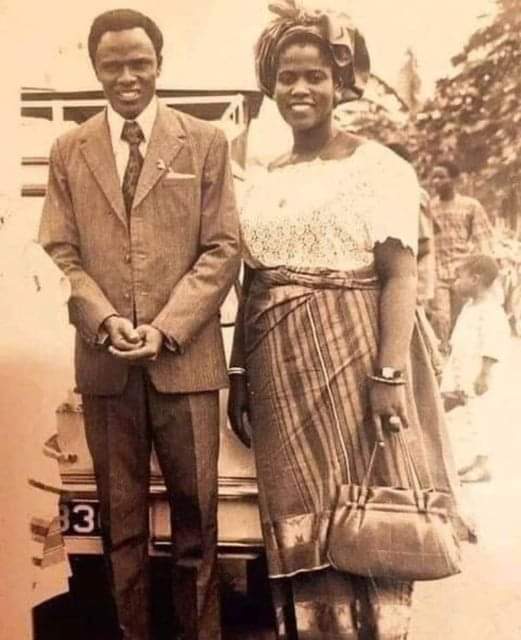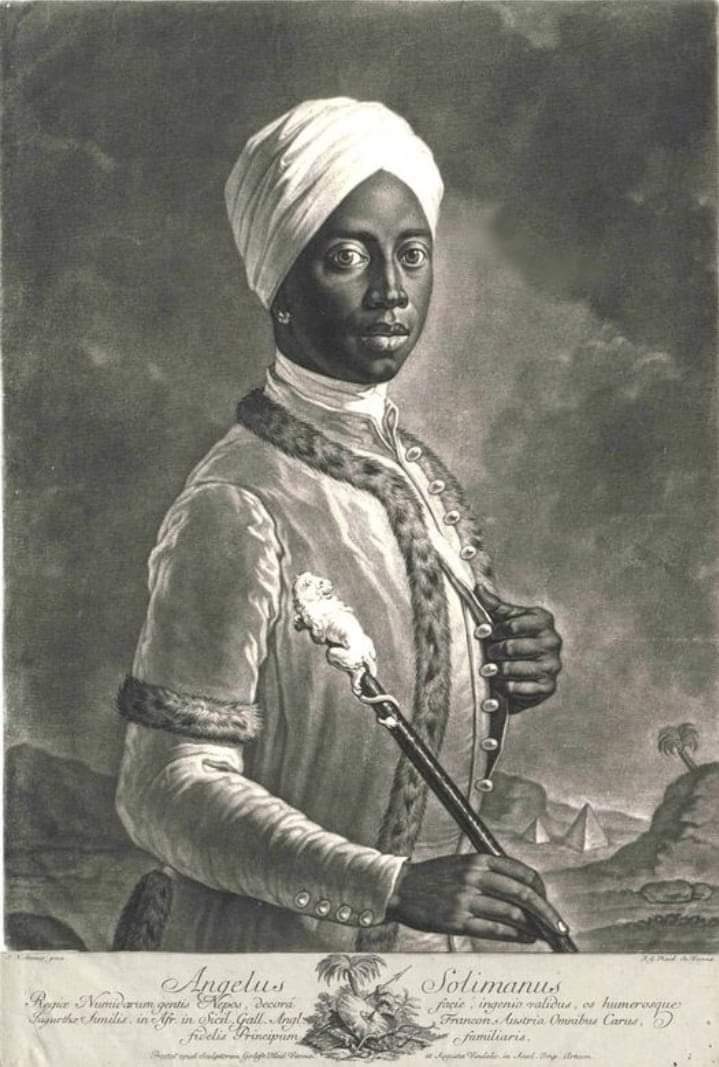The Democratic Republic of Congo (DRC) authorities must immediately lift the state of siege, which is similar to a state of emergency, that has been in force in the provinces of Nord-Kivu and Ituri for two years, as it violates the country’s Constitution and international human rights law, Amnesty International said today.
The state of siege is unlawful and has contributed to the worsening of the human rights situation in the countryTigere Chagutah, Regional Director, Amnesty International East and Southern Africa

“The state of siege is unlawful and has contributed to the worsening of the human rights situation in the country. President Felix Tshisekedi must lift this repressive measure without delay,” said Tigere Chagutah, Amnesty International’s Regional Director for East and Southern Africa.
“Both the enforcement and repeated extensions of the rights-restricting ‘state of siege’ fall far short of meeting the DRC’s own constitution and international human rights obligations.”
The stated objective of the state of siege was to “rapidly improve civilian protection, curb armed groups, and restore State authority”, yet the security situation in the two provinces has drastically deteriorated. An upsurge of attacks against civilians and civilian casualties has been reported in the region over the last two years.
President Felix Tshisekedi must lift this repressive measure without delayTigere Chagutah
Nonetheless, the state of siege has been extended over 50 times by the government, without any meaningful public debate on the legality or merit of these extensions.
“If President Tshisekedi fails to lift the state of siege now, after two years of unlawful and unjustified restrictions of human rights, members of parliament must reject any new requests from the government to extend it,” said Tigere Chagutah.
Despite the state of siege, the DRC army has persistently failed to prevent or respond to increasing attacks against civilians by armed groups. According to information gathered by the UN Joint Human Rights Office, the army has in fact been responsible for committing numerous serious human rights violations against civilians.
Amnesty International has previously documented how the DRC’s military authorities, appointed by President Tshisekedi, have used their powers under the state of siege to systematically curtail human rights by harassing journalists and jailing them, and killing human rights defenders and political activists. The authorities have also resorted to the mass, pre-trial detention of those deemed a threat, in facilities where detainees are often held in appalling conditions.
“All those arbitrarily detained in the provinces of Nord-Kivu and Ituri, including those being held simply for criticizing the state of siege and military authorities, must be immediately released. All members of the DRC’s security forces suspected of committing human rights violations must be brought to justice in fair trials,” said Tigere Chagutah.
“The DRC authorities should take immediate steps to ensure that prison conditions are meaningfully improved. Inmates must be granted access to nutritious food, clean water, sanitation, and medical care.”
Instead of further repressing the rights to freedom of expression and peaceful assembly, the DRC authorities should allow people to freely exercise their human rights and find effective measures to address security issues, ahead of the run-up to the general election scheduled for December this year. .
“In consultation with affected communities and civil society groups, the DRC authorities should identify and implement effective measures of protecting civilians and improving security, without further undermining human rights,” said Tigere Chagutah.
Background:
President Tshisekedi enforced the “state of siege” in the provinces of Nord-Kivu and Ituri from 6 May 2021. Claiming a radical but necessary step to swiftly stem armed groups and restore security, he drastically restricted human rights and ordered military courts to prosecute civilians. He appointed army and police officers to replace civilian administration including elected Governors and suspended elected provincial assemblies.
Under the DRC’s Constitution, a state of siege is defined as an exceptional, temporary measure that may be declared for an initial period of 30 days. If parliament ratifies an extension, it may be extended for subsequent periods of 15 days.
The International Covenant on Civil and Political Rights, to which the DRC is a party, allows states to derogate from certain human rights provisions, yet the application of such restrictions must meet certain requirements including notifying the UN Secretary General in writing, explaining the circumstances that justify any derogations. The DRC authorities have not complied with this requirement.
The African Charter on Human and Peoples’ Rights, to which the DRC is also a state party, does not allow for derogation from any of its provisions under any circumstances.
The state of siege must also not be used as a pretext to clampdown on human rights.
The ever-deteriorating security situation in eastern DRC, including in the provinces of Nord-Kivu and Ituri, has resulted in the deaths of over 4,000 civilians, while more than two million have been forcibly displaced since 2021, according to figures from the UN and the Kivu Security Tracker.
NewLatter Application For Free
































